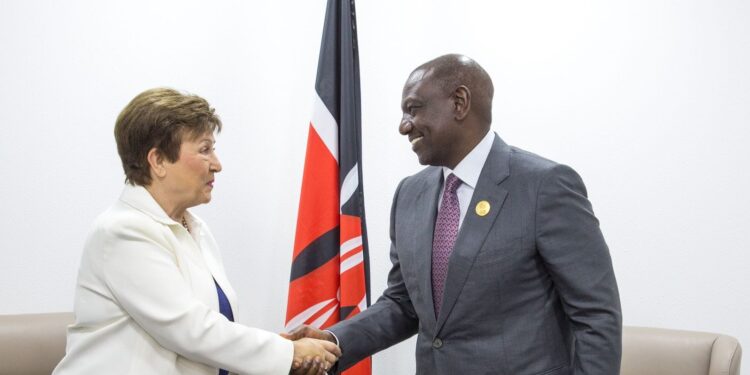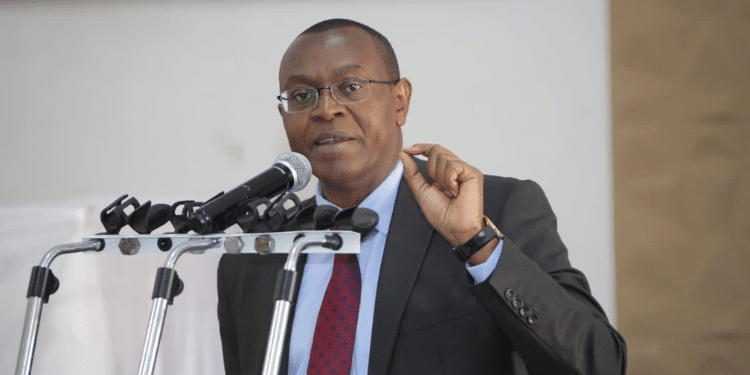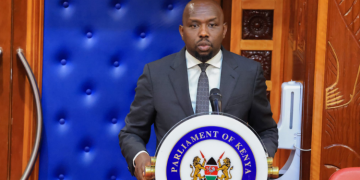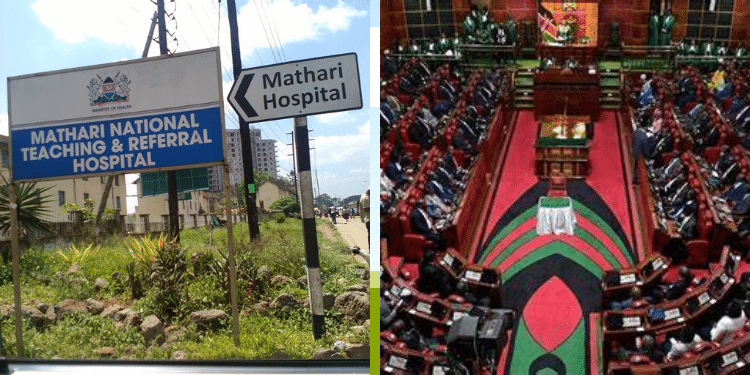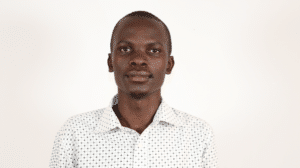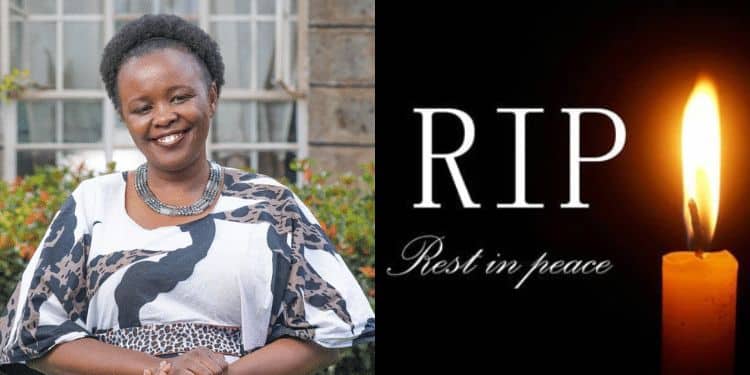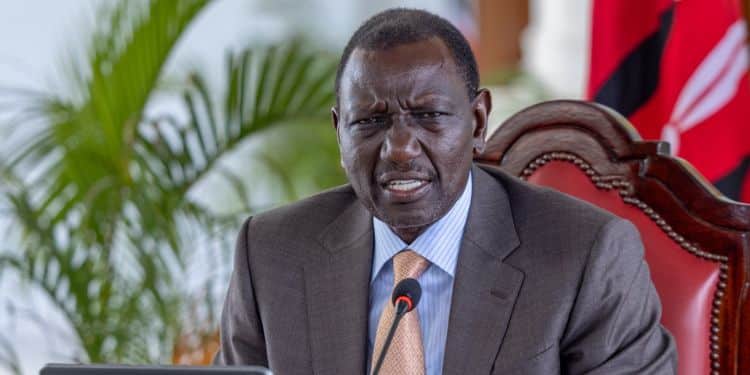Medical experts from Mathari National Teaching and Referral Hospital have asked the Members of Parliament (MPs) to repeal Section 226 of Kenya’s Penal Code, which currently imposes criminal liability on individuals who attempt suicide.
Appearing before the National Assembly departmental committee on Health, the doctors argued that individuals engaging in such acts are often grappling with mental illness and thus require medical intervention rather than punitive measures.
The experts urged the Committee chaired by Endebess MP Dr Robert Pukose to advocate for a shift towards prioritizing medical care over arrest and prosecution in these cases.
Section 226 of Kenya’s penal code currently stipulates that any person attempting to take their own life is guilty of a misdemeanor.
Such people are subject to imprisonment of up to two years, a fine, or both, with the minimum age of prosecution set at 8 years old.

Medical Experts Explain Why Section 226 of Kenya’s Penal Code Should be Repealed
Mathari Hospital Chief Executive Officer (CEO) Dr Julius Ogato said the law as currently constituted can push people with mental illness to the edge.
“Initially, people thought that a person contemplating suicide is abnormal, but that is not true. Just as diabetes results from a lack of insulin in the body, mental illness involves an imbalance of chemical transmitters in the brain. There is a biological basis for such thoughts. When someone exhibits these thoughts, they require empathy and much-needed support to access treatment,” said Dr Ogato.
Dr Ogato stressed that individuals with suicidal thoughts require rescue, protection, and care, not incarceration.
“But when it is criminal act, it is reported to the police not to the hospital, by doing this, we deprive the social liberties of the person who is sick and taking his or her away from seeking treatment,” added Dr Ogato.
He explained that reclassifying attempted suicide as a mental disease rather than a criminal act would shift perceptions and make people understand that those with mental illness require assistance, and not punishment.
“This is a crucial step in combating the stigma associated with suicide and mental illness. Currently, individuals with suicidal ideation are viewed as weak. This perspective needs to change. We should approach it like any other medical condition, such as diabetes,” Dr Ogato added.
Also Read: Veteran Journalist Alleges Witch-hunt, Mental Torture in Response to Controversial Footage
WHO Suicide Rates Statistics
According to the World Health Organization (WHO), approximately 700,000 individuals die by suicide annually, making it the second leading cause of death among individuals aged 15-29 years.
It ranks among the top ten leading causes of death across all age groups.
In Kenya, at least four people die by suicide each day, with an average of 20 times as many attempting suicide.
However, these figures are likely conservative due to the taboo nature of suicide and its legal ramifications, which discourage open discussion.
Traumatic experiences, coupled with stigma, drive some individuals to attempt or complete suicide.
Also Read: Understanding Mental Health
Committee’s Take
Dr Pukose emphasized that criminalizing suicide adds further suffering to individuals who are already in a vulnerable state.
“It violates their fundamental human rights and dignity by subjecting them to punitive measures instead of offering support and assistance,” Dr. Pukose stated.
He underscored the importance of recognizing suicide as a mental health issue rather than a criminal act.
The MP argued that decriminalizing suicide would enable Kenya to adopt a more compassionate approach, encouraging individuals to seek help without fear of legal repercussions.
“Decriminalization would facilitate better access to mental health services and suicide prevention initiatives. It would reassure individuals contemplating suicide that seeking help will not lead to legal consequences,” he noted.
Pukose pledged to lead his committee in building consensus on repealing Section 226 of the penal code.
The committee was in a fact-finding mission to understand its challenges, and successes of the facility, as well as to ascertain its current status in admitting and treating patients with mental health issues.





